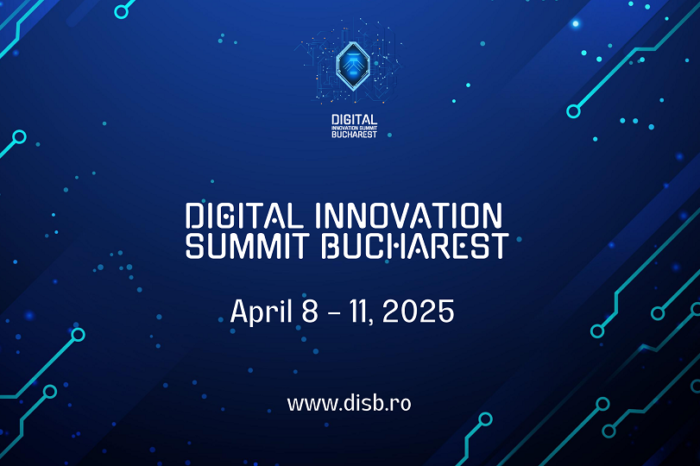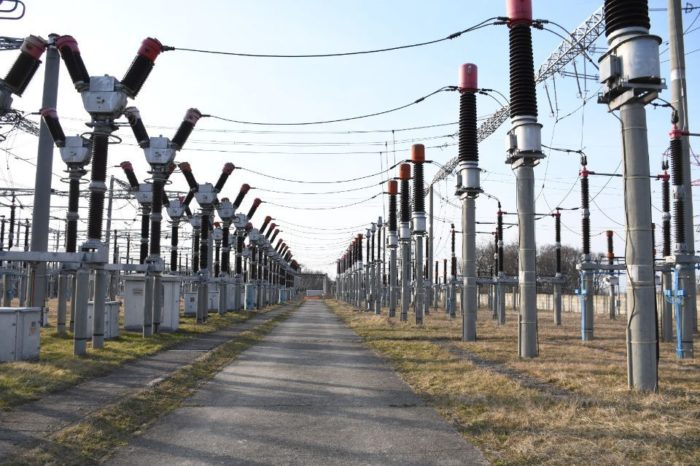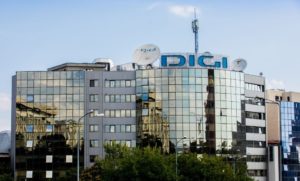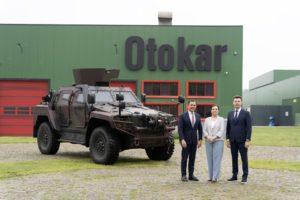Development of value chains of clean energy in Romania
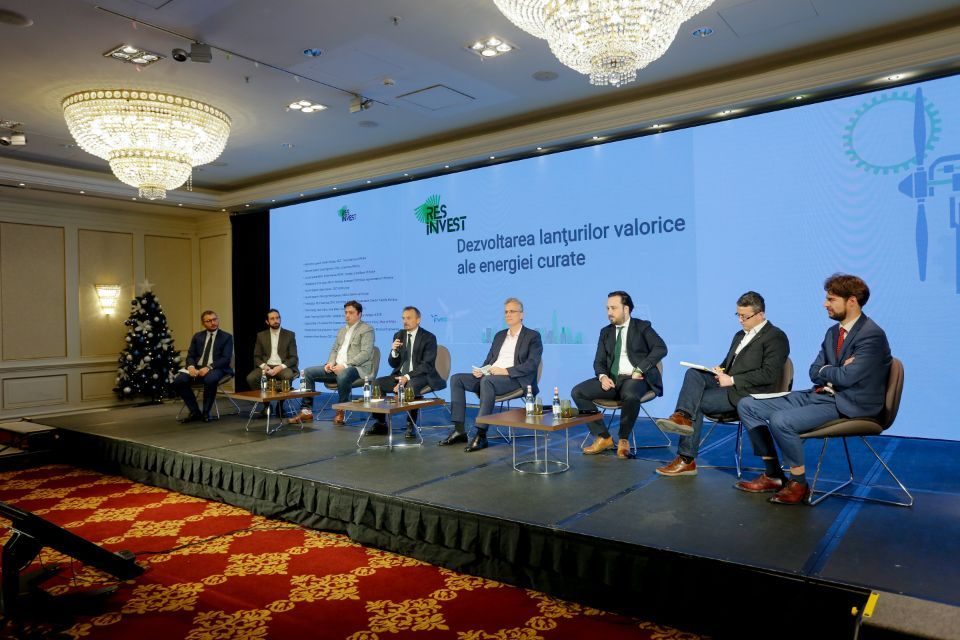
The goal of climate neutrality by 2050 adopted by the European Union as part of the Paris Agreement will be achieved through a joint effort by Member States that will lead to transformational changes at the economic and societal level. The Fit for 55 package, the EU’s path to reducing emissions by at least 55 percent by 2030, requires at least 40 percent of the EU’s final energy consumption to come from renewable sources.
According to PNIESC, Romania will have to install new renewable energy capacities of 6.9 GW by 2030. But raising the national target from 30.7 percent to 38 percent means that this capacity will be even higher. In addition, by 2030, much of the current fleet of renewables will go through the process of extending life or repowering. Thus, we can estimate a market of over 10 GW of wind and photovoltaic capacities in Romania by 2030. These are necessary not only in the process of decarbonization and achievement of targets, but especially to solve the generation capacity deficit existing in recent years. And the sources of financing already exist, in addition to private capital, Romania having at its disposal well over 10 billion Euros for the energy sector only through PNRR and the Fund for Modernization.
The development of clean energy value chains means much more than the installation of new production capacity. It means, first of all, the production of wind turbines and photovoltaic panels, or their components in Romania, of digital solutions that will make possible the energy transition, the training of the workforce at all levels of qualification, as well as investments in education and research. And they do not just stop at renewable sources, they only solve the process of producing clean energy, but move on to the adjacent technologies: batteries, electrolyzers, heat pumps, electric cars and other technologies that will significantly contribute to the decarbonization process.
Renewable energy value chains are already present in Romania. According to WindEurope data, Schaeffler Romania develops and manufactures bearing systems for wind applications in direct partnership with developers, manufacturers, and operators, with the most advanced know-how in the field. Of the 4,000 employees, 100 work in the company’s research center in Brasov.
The development of new value chains will have a direct impact on the number of jobs and the economic value generated. According to IEA data, in the value chains of clean energy, for every million Euros spent, an average of 9 jobs are created. SolarPower Europe estimates that Romania has the sixth largest job creation potential in Europe, with over 54,000 employees in the field of solar energy alone by 2025. The Romanian market is the largest in the region, but rapidly developing nationally, the chains will not be limited to the local market, having important potential to represent a solution at regional level, by accessing neighboring markets.
Together, RWEA and RPIA will contribute to the development of value chains in Romania by launching the RESInvest concept dedicated to locating the value chain for clean energy in Romania, by encouraging local technology production in this field and creating investment opportunities based on European funds. Thus, in 2022, the RESInvest conference will be organized, an event that will bring together key people from the European Commission, Romanian and European government representatives, as well as key industrial actors, in a call to action with a common goal: developing value chains of clean energy in South East Europe and attracting the huge economic opportunities associated with it.
Renewable energy brings by far the lowest cost for home and industrial users. Therefore, with the necessary measures, the sector will reach and, most likely, exceed its targets. But in the absence of the development of clean energy value chains at national level, we will not be able to fully create value and positive impact in the Romanian society and economy. Therefore, through RESInvest, RWEA and RPIA want to actively encourage and help Romania to be not only a user of clean energy, but an actor of the global value chain of clean energy.


